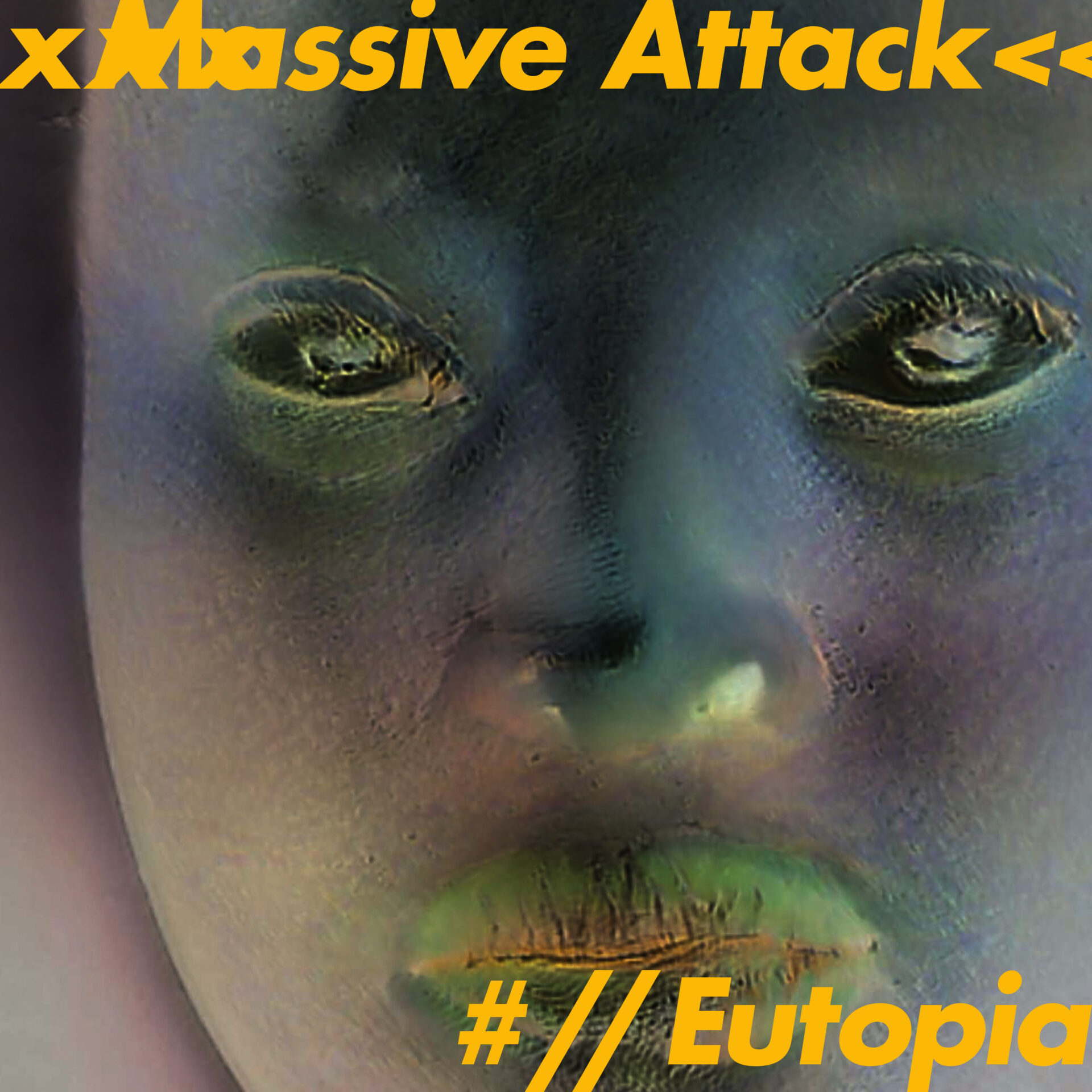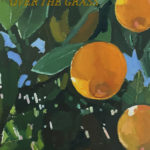Massive Attack have released a new audio-visual EP. The three track hybrid was created across five cities during the global lockdown period. Watch the videos below.
The EUTOPIA EP features new musical collaborations with Young Fathers and US artists Algiers and Saul Williams, with neural evolutions from AI Art pioneer Mario Klingemann. The project, co-written and produced by 3D (Robert del Naja) and Mark Donne, features arguments for global system change from UN Paris Climate Agreement author Christiana Figueres, founder of the Universal Basic Income Principle Professor Guy Standing and inventor of the US “Wealth Tax” policy Professor Gabriel Zucman. These elements fuse to form art as transmitter and message as medium.
Germinated in the dual realities of fear and hope that dominated pandemic lockdown, the EP takes direct inspiration from Thomas More’s classic text Utopia and the Skull Island map of “a better place, that does not exist” – created for the 1518 edition by artist Ambrosius Holbein.
A punk ethos was central to the aesthetic of the project, with machine learning image sampling and a cut and paste collaging process bringing together exiled minds and powerful tools to present arguments for change. The music was also woven together in the same remote fashion, with Massive Attack teaming up across the wire with the three musical collaborators.
Commenting on the project, Massive Attack said:
“Lockdown exposed the best aspects and worst flaws of humanity. That period of uncertainty and anxiety forced us to meditate on the obvious need to change the damaging systems we live by. By working with three experts, we’ve created a sonic and visual dialogue around these global, structural issues; taking the form of climate emergency, tax haven extraction and Universal Basic Income.
The spirit of this EP, its elements and ideas have nothing to do with naïve notions of an ideal, perfect world, and everything to do with the urgent & practical need to build something better. In this sense, Eutopia is the opposite of spelling mistake.”
Initially received as satire, More’s text has received more modern interpretations, including from US author Andrew Keen:
“By inventing an ideal society, More was demonstrating our ability to imagine a better world. And by presenting his vision of this community to his readers, he was inviting them to address the real problems in their own societies. Utopia then, is a call to action.”




